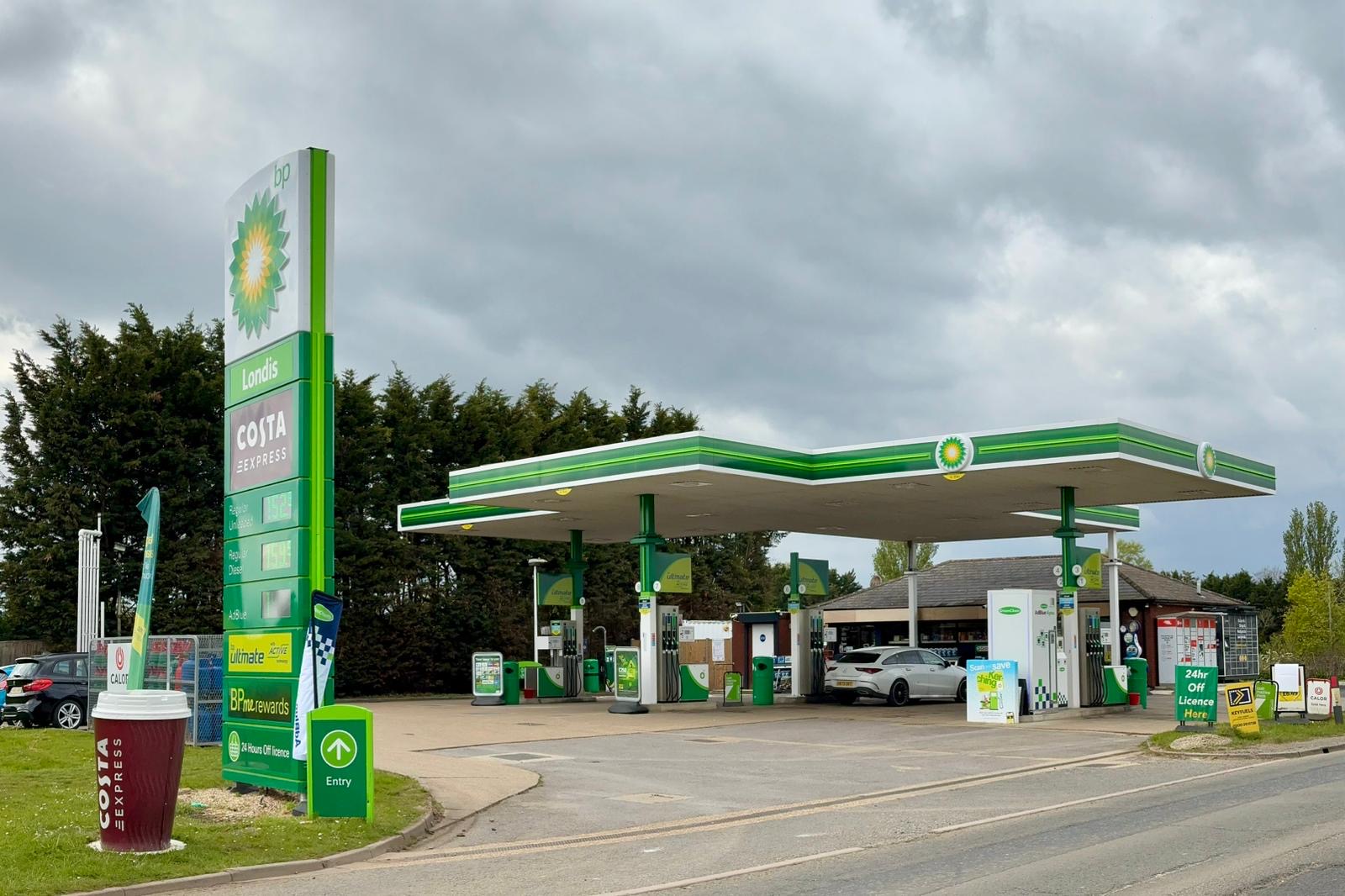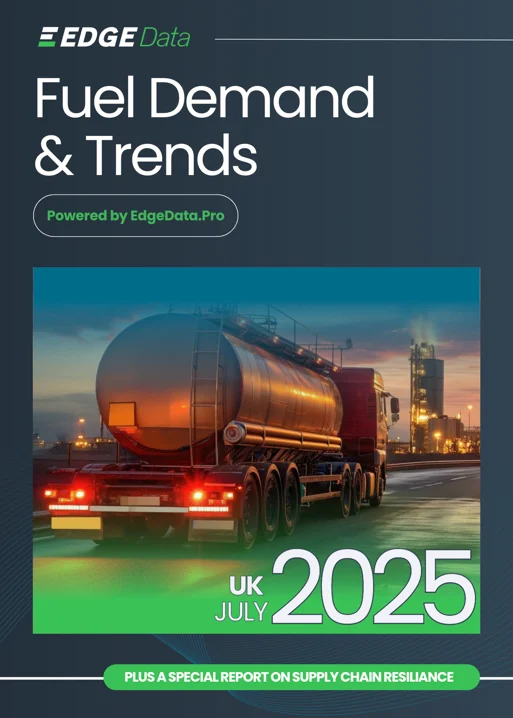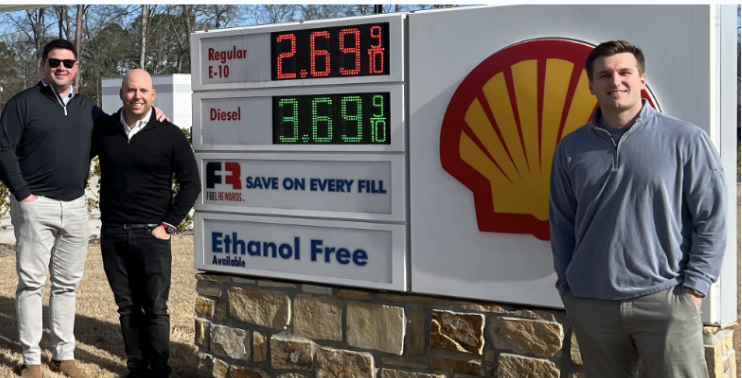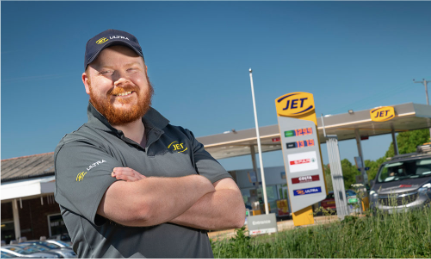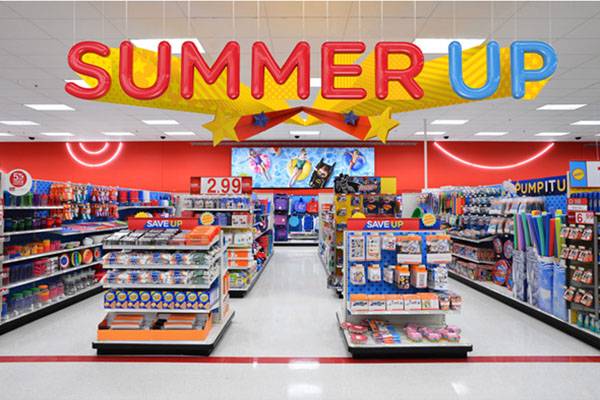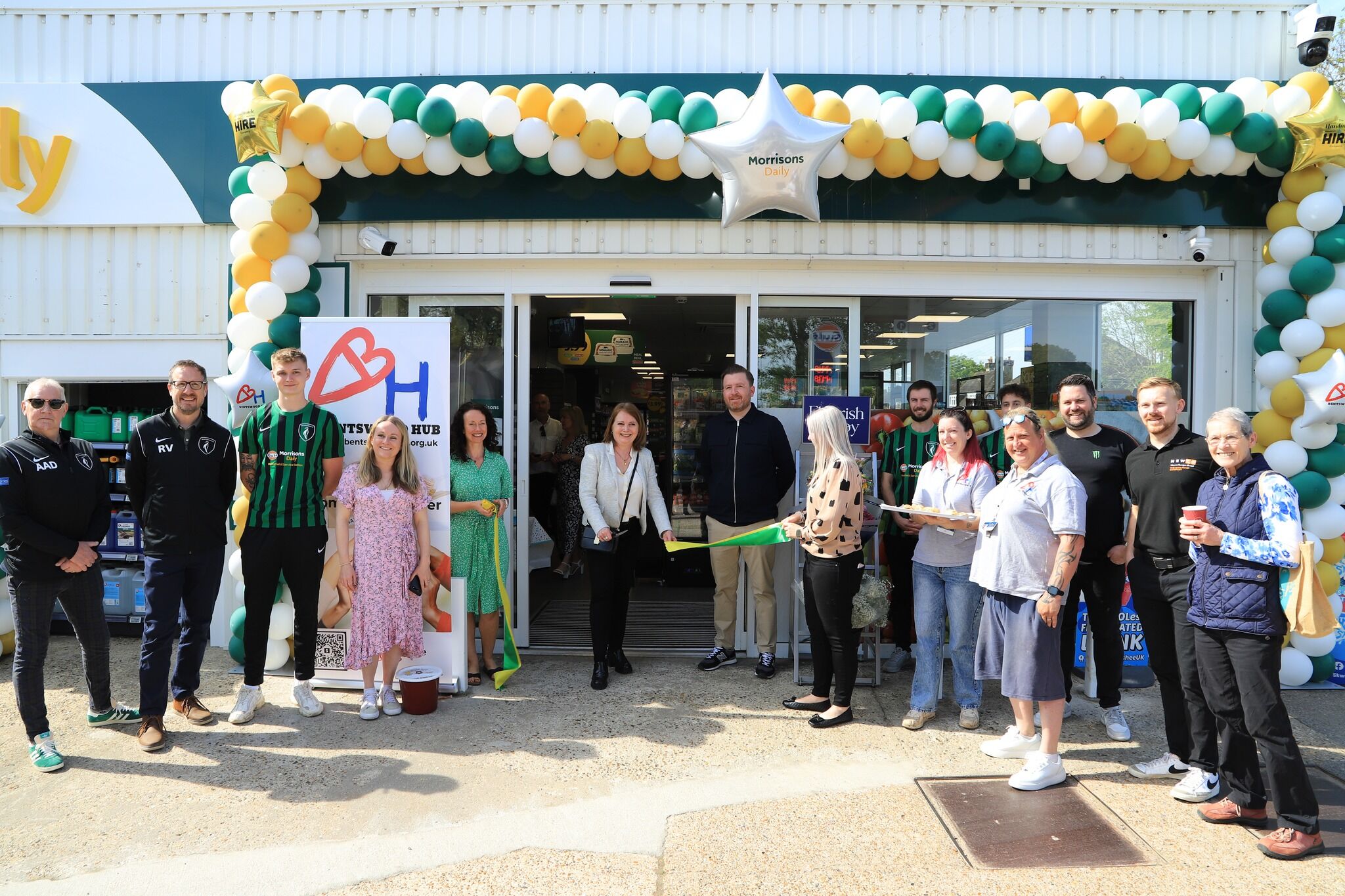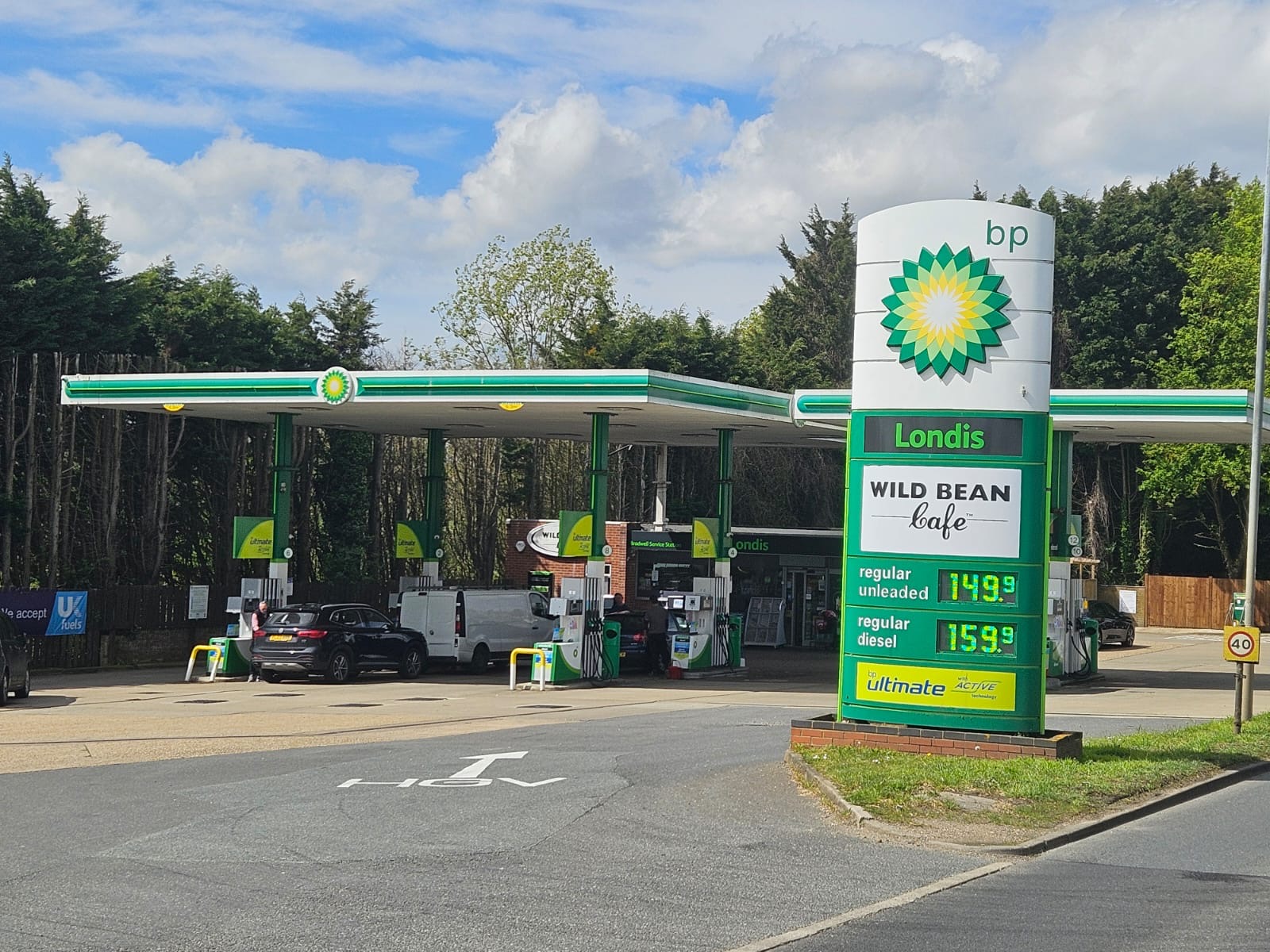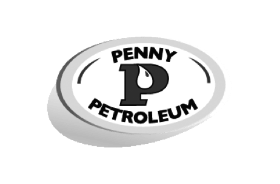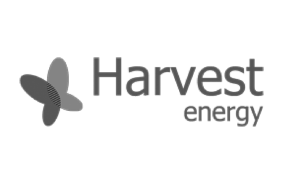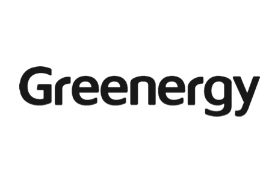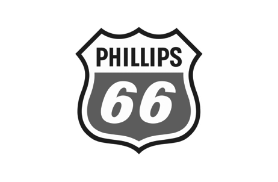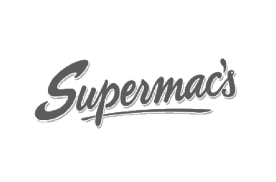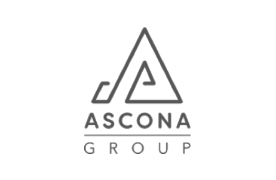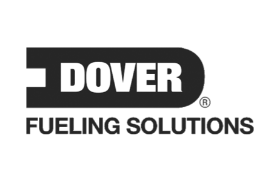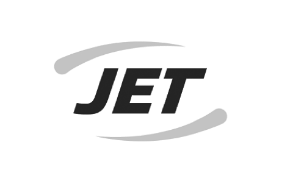As an economist at heart, I’ve found it fascinating to learn about the fuel industry and how station operators price their fuel based on a host of dynamic factors.
But first, a little about myself; I’m Tate and I just joined EdgePetrol last month.
My prior assumptions of the industry were heavily influenced by my microeconomics 101 classes (feel like a lifetime ago). So, as a special treat for you- the reader of this blog- I am going to dive right into one of those theories.
Retail Gasoline Markets are close to Perfect Competition!
Gas Stations are often used as examples in the classroom when learning about perfectly competitive markets. Perfectly competitive markets are characterized by products that barely differ (homogenous), sold by lots of small producers (in this case, gas station owners) and with no barriers to entry.
In perfectly competitive markets the price should be steady and profits in the long run will be zero.
Wait? Profits should be zero???
Clearly we know this doesn’t happen in reality.
So what are the biggest challenges to this assumption?
First is the high barriers to entry. Every station manager can tell you how much of an investment building or acquiring a single station can be. Secondly, the competition clearly isn’t on equal footing. COCO’s and multi-site managers have significant impact on the price in the market. However, gasoline/petrol is an almost completely homogenous product and sold exclusively at stations. This distinct lack of product differentiation makes this market super interesting to study.
Product Differentiation is how firms distinguish their products or services from the rest of the competition. Some economists refer to this in the industry as ‘station heterogeneity’. The higher your level of product differentiation, the more market power and market share you have.
So how are stations differentiating their product?
In gasoline itself, there isn’t much of that differentiation. There’s some small differences in ethanol and octane in different fuel grades, but most stations now sell multiple mixes.
A 2017 study of the German gas station industry from the Dusseldorf Institute for Competition Economics ran a regression analysis (in other words, a way of understanding what impacts stuff) on differentiating factors that had the highest impact on retail prices. Branding and recognition was one of the strongest factors with Shell having the highest market share and ability to charge the highest prices. But add-ons/additional offerings like having a C-store or car wash were almost as significant. This level of innovation is increasing more and more each day. NACS cover this sort of thing in their annual Consumer Fuels Survey.
An older but still insightful, 2008 FTC study on the retail gas market in the DMV area (Delaware, Maryland, Virginia, Washington D.C.) found “substantial heterogeneity in pricing behavior” as well. Generally the firms on the high and low end of the pricing spectrum rarely change their prices. The firms in the middle however, change their prices constantly. “nearly 25% of gasoline stations changed their relative position in the pricing distribution by more than 20 percentile points” within a quarter in 1998. The analysis found these firms to be in areas with higher competition, but also tended to be more innovative and have more offerings as well.
Both these studies found that firms that could differentiate their product better did so because of how willing their owners and operators were to change and adapt. And ultimately these firms were able to charge higher prices and gain higher local market share. While competition is certainly much higher than most other industries, it’s these factors that stop the industry short from being perfectly competitive.
To conclude, it was this little project that helped me understand why EdgePetrol’s real time fuel pricing software is so significant to stations that are willing to innovate and change. Our best customers are the ones who are looking to differentiate their offering and do things differently. I for one am excited to be working with them.


